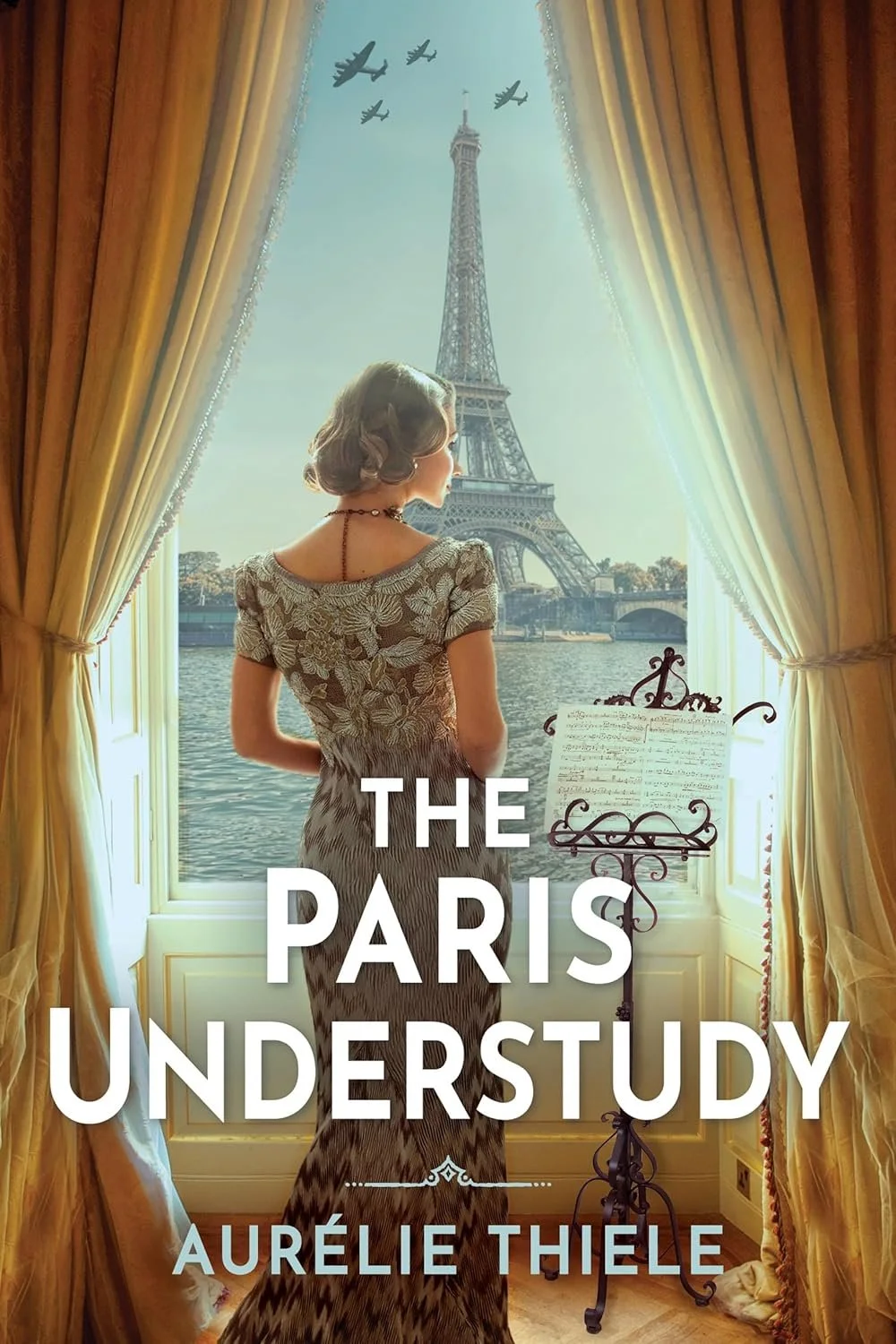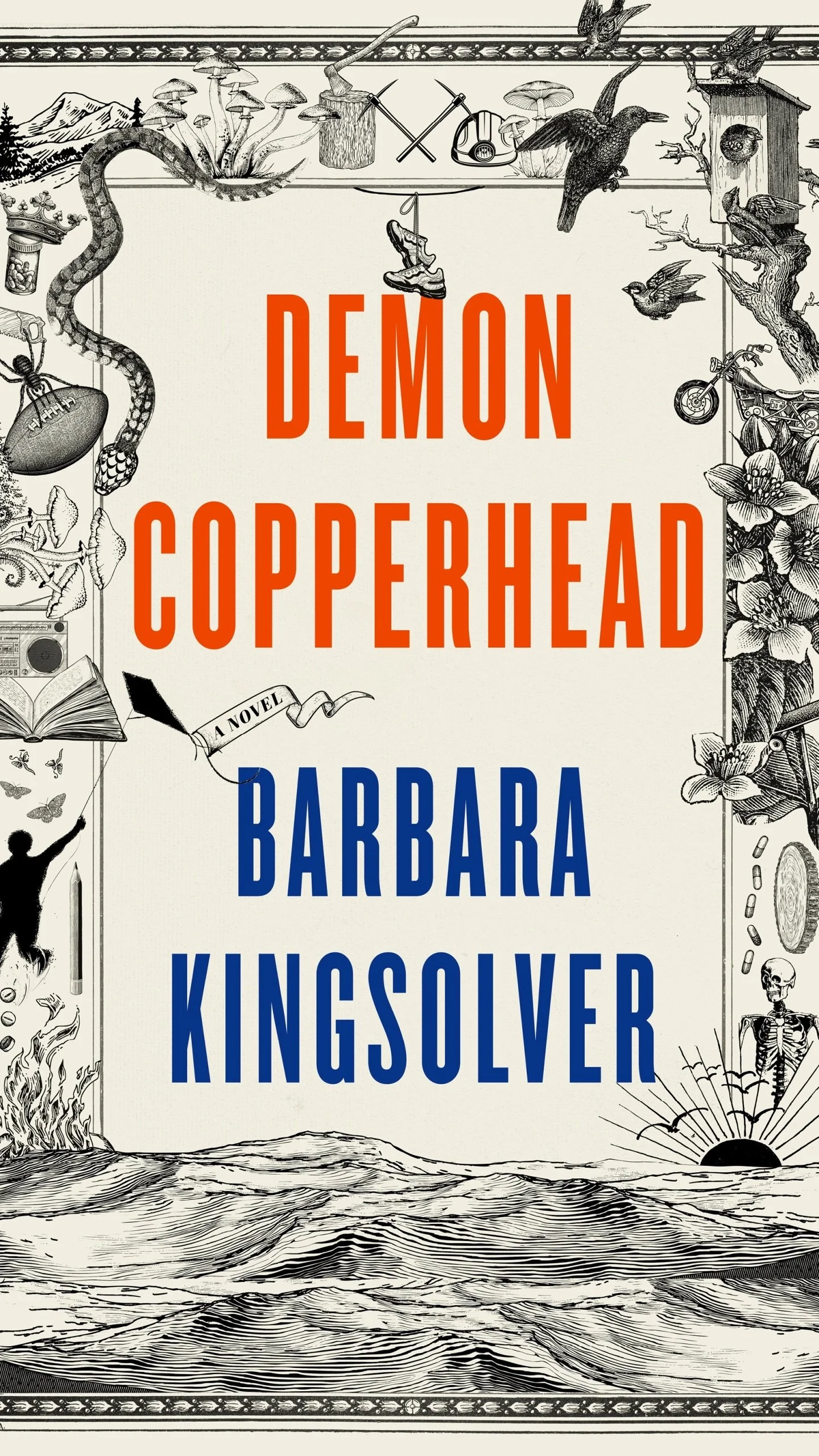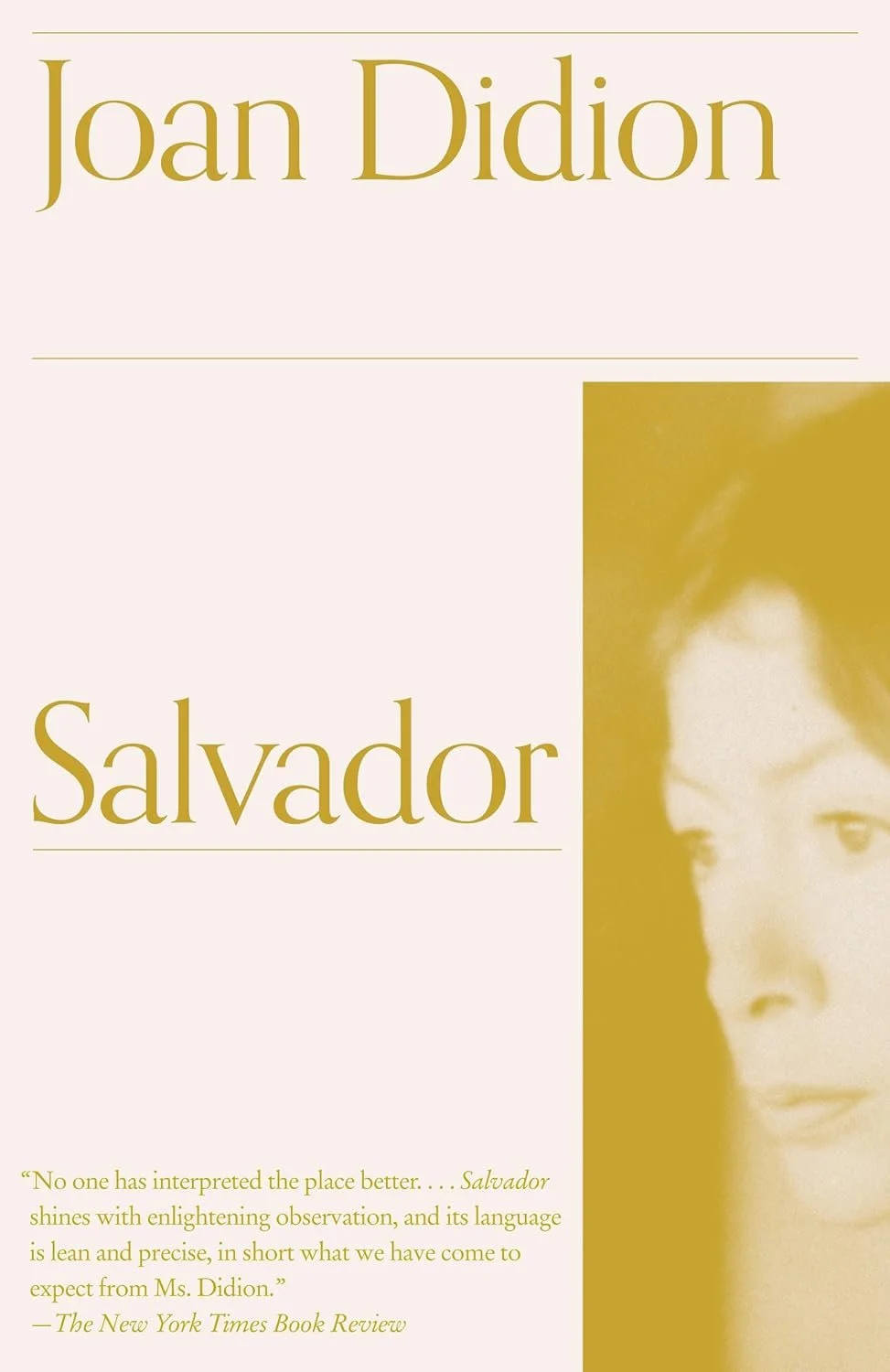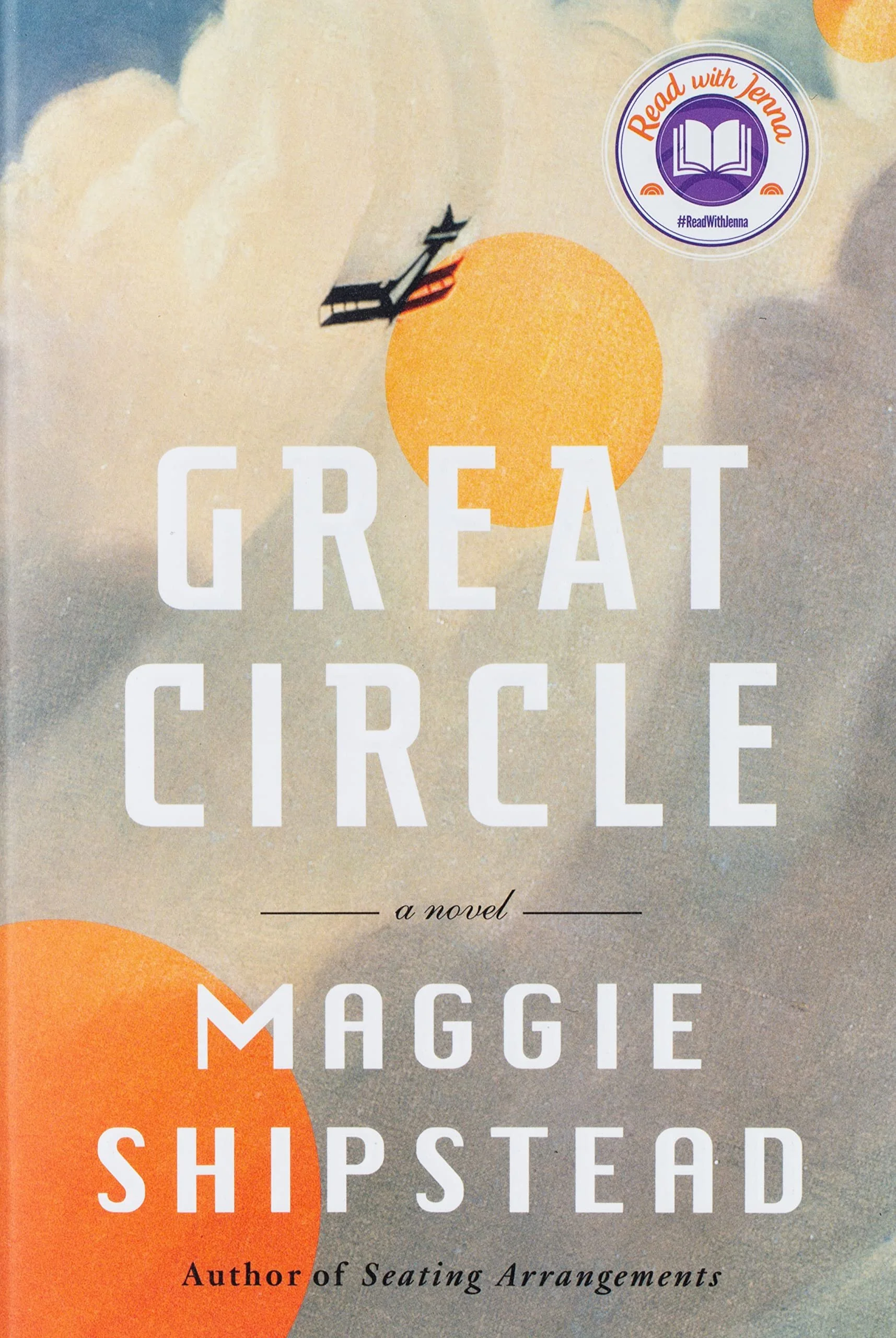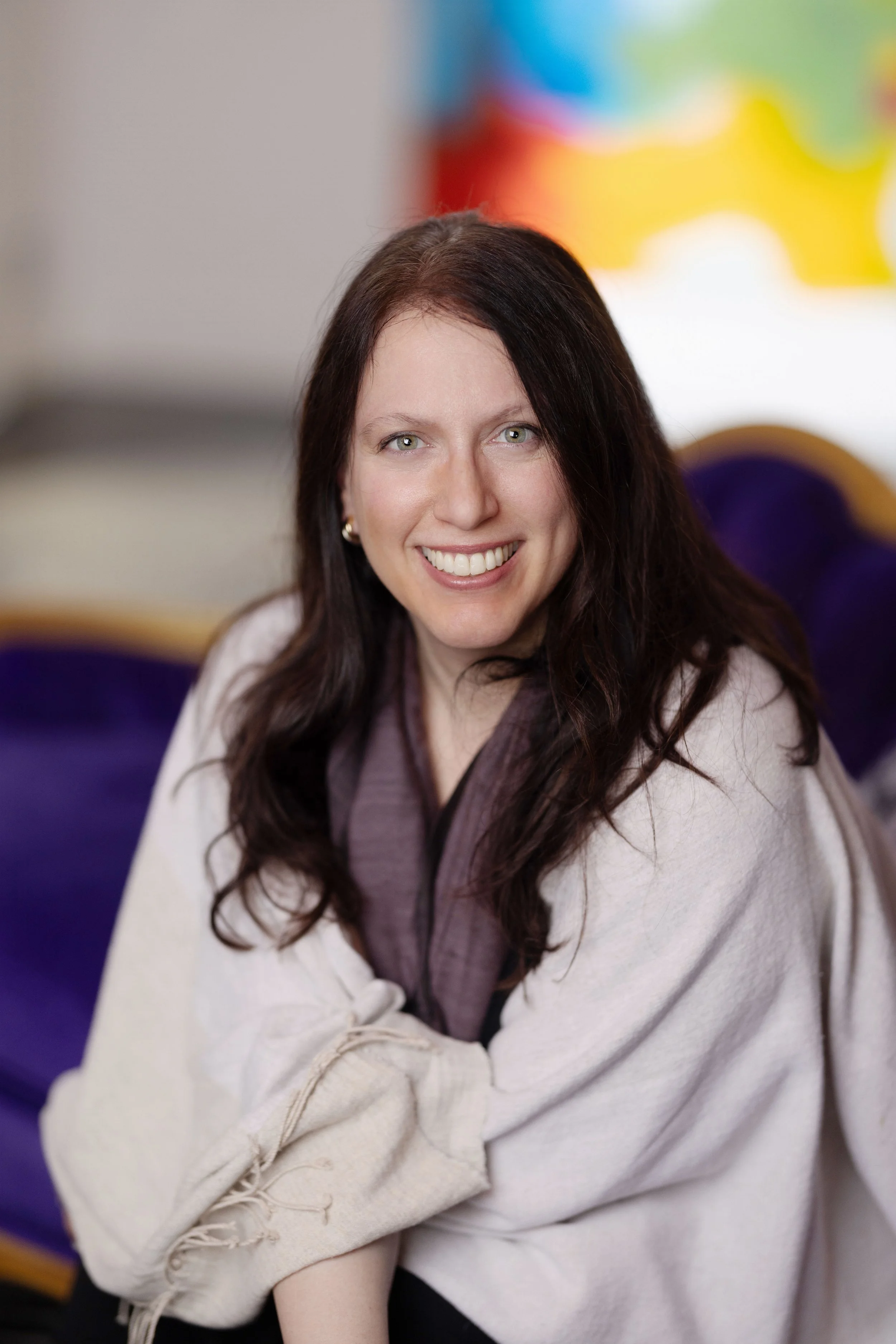Aurélie Thiele
Author Interview - Aurélie Thiele
Author of The Paris Understudy
This powerful debut novel brings to life the hard choices Parisians made--or failed to make--under Nazi occupation, in the tradition of Pam Jenoff and Fiona Davis.
1938. Paris Opera legend Madeleine Moreau must keep newcomer Yvonne Chevallier, whose talent she fears, off the stage. As the long-standing star of the opera, she is nowhere near ready to give up her spotlight. The perfect solution: enlist Yvonne as her understudy so she can never be upstaged. When Madeleine is invited to headline at Germany’s pre-eminent opera festival, she is sure this will cement her legacy. But war is looming, and when she learns that Adolf Hitler himself will be in attendance, she knows she’s made a grave error. As Madeleine makes a hurried escape back to France, Yvonne finds herself unexpectedly thrown into the limelight on the German stage.
When a newspaper photograph shows Hitler seemingly enraptured by Yvonne, Yvonne’s life is upended. While she is trying frantically to repair her reputation at home, Yvonne’s son is captured and held as a prisoner of war. Desperate to free her son, she makes an impossible choice: turn to the enemy.
As the Nazis invade Paris, both women must decide what they are willing to do in pursuit of their art. They form an unlikely alliance, using their fame to protect themselves and the people they love from the maelstrom of history.
Painting an enrapturing portrait of resilient wartime women, The Paris Understudy is a love letter to the arts and a stark depiction of the choices we make to survive, for fans of Kate Quinn and Kristen Harmel.
Author Interview - Aurélie Thiele
Author I draw inspiration from:
Barbara Kingsolver. I love how she’s been able to weave social causes important to her in all of her books, both when she was living in Arizona and now when she lives on a farm in Virginia. Social causes are important to me because the family of my mother’s mother was displaced when she was only seven and she arrived in France at age seven without speaking a word of the language. Her father had been a doctor with two houses in another country when she was a little girl (a summer house and a winter house), and my grandmother never finished high school in France, became a cook for an elementary school, and married an industrial painter, who was a very good man. This imprinted in me that you never know what circumstances have brought people to where they’re at.
I’ve enjoyed The Bean Trees and The Poisonwood Bible by Kingsolver (The Lacuna was harder for me to get into, although I adore Frida Kahlo), but when I read Demon Copperhead I didn’t want to do anything else and I can’t wait until it comes out in paperback as well. I plan on gifting it to all my friends. I am a CASA advocate for foster kids (CASA means Court-Appointed Special Advocate) and Kingsolver does a masterful job highlighting the challenges of the foster system. Foster kids deserve people rooting for them. I’m in awe of Kingsolver’s craft.
Author Interview - Aurélie Thiele | Author I Draw Inspiration From
Favorite place to read a book:
The reading nook in my house! This is the first and only house I’ve ever owned, and I never dreamt of finding one with a built-in bookcase. When I stepped into this house with my real estate agent, I knew I had found the house of my dreams. I bought a comfy armchair to put in front of the bookshelves and I could read there for hours. It’s so comfy that even the stray cat I rescued from a Dallas heat wave last summer lays in it with or without me.
Book character I’d like to be stuck in an elevator with:
Soprano Roxanne Coss from Bel Canto by Ann Patchett.
Once she realizes we’re stuck, Roxanne uses her considerable vocal power to alert people outside the elevator we’re trapped in. (I know there are emergency buttons on the elevator panel, but if we’re at a point where we're stuck between floors, we can also assume they don’t work.) Maybe she sings “Hojotoho!” from Die Walküre. I’d better cup my ears with my hands. Then, we wait for help to arrive. I hope the help will look like Steve McQueen in The Towering Inferno. In the meantime, I ask her about the life of an opera singer these days. It’s a very nomadic existence, spending a few weeks here and a few weeks there, some rehearsals, a string of performances, and yet your career depends on forging bonds with cast members you barely know and delivering high notes in a space that is foreign to you. I’d ask her about her favorite role—obviously it’d be something in the bel canto repertoire, probably Verdi. But I’d also ask her about how she prepares for her roles and how her career has taken a toll. I mean, the woman was taken hostage when she went to sing in a foreign country for an important person’s birthday party. There’s no way she came out of that unscathed. But she knows she’s good and refuses to let past horrors drag her down. We’ll wait together in the elevator and every so often she’ll belt out an aria to remind the firefighters, who sure are taking their time, that we’re still in need of rescue. And then when the firefighters pry open the doors, she’ll launch into the triumphal march in Aida. The firefighters will be a little surprised, but it’s nothing they can’t handle. When we finally step out of the elevator, she’ll ask me to introduce her to my agent, Betsy Amster. Betsy will secure her a contract to write her memoirs. Then Roxanne will probably win the Pulitzer Prize.
Author Interview - Aurélie Thiele | Book Character I’d Like to be Stuck in an Elevator With
The moment I knew I wanted to become an author:
Family lore has it that I started first grade a year early because I wanted to learn how to write, but I don’t think I realized I could become an author until I was about eight or ten—a girl only a few years older than me was in the news in France for having written a book. I think that until then I had read books by authors long dead and I hadn’t made the connection between the books and the people who write them. But after that, it was clear to me I wanted to become an author.
Hardback, paperback, ebook or audiobook:
Hardback: I buy hardback for my favorite authors in fiction, the topics that interest me so much in nonfiction that I can’t bear waiting a year for the paperback to come out, and books that have pictures in them, for instance biographies of artists. A disadvantage is that hardbacks are heavier and bulkier, so it’s less convenient to take them along to read at a coffee shop. Royalties are much higher for hardbacks, so if there’s an author you particularly care about, tell them so by purchasing their book in hardcover!
Paperback: I buy most of my books in paperback. I love scribbling notes in the margins or underlining passages. I dislike sans serif fonts in books, and I’ve only ever encountered them in paperbacks, thankfully not too often. Other than that, there’s not much to dislike about paperbacks.
Ebook: I try to avoid reading e-books unless there is no paper copy available or I need to consult a text immediately. I have a couple of textbooks as e-books and books in a foreign language or translated books that were not available in paper format when I needed them. E-books are very useful, but I spend enough time on my computer and phone already.
Audiobook: I love listening to audiobooks while I do chores. There’s something special about listening to the author or a trained actor read a book—it becomes a verbal performance.
The last book I read:
Nonfiction: Salvador by Joan Didion. I found it spellbinding. I couldn’t stop turning the pages of Carolyn Forché’s What You Have Heard Is True, about her time in El Salvador, and found that Didion’s short book had the same mesmerizing quality. I’m so glad they were able to bear witness, and come back to tell the tale.
Fiction: The Poisonwood Bible by Barbara Kingsolver. I’m writing my third-term paper at Bennington Writing Seminars on Kingsolver, so I had to read multiple books by an author of my choice. I’m a big fan of the character Rachel in that book, who ultimately remains in Africa after moving there with her family as a teen. Perhaps it’s because I see parallels with my own life.
Author Interview - Aurélie Thiele | The Last Book I Read
Pen & paper or computer:
For many years I was only writing on my laptop—my novel The Paris Understudy was entirely written using Word—but over the past year I made two big changes in my writing process. First, I started using moleskine notebooks to jot down ideas and first drafts of scenes by hand, and second, I started using Scrivener.
Regarding the moleskine notebooks, I number all the pages, and at the back of the notebook I keep a numbered list of scenes with the corresponding pages in the notebook where the scene is written. When I write by hand, I write very fast (it’s only a first draft) and add notes on little inconsistent things I should fix or details I should research between straight brackets or in all caps. The goal is to feel whether the scene resonates with me and moves the story forward. I’ll polish the scene when I get to my computer, but now I only convert into Word from Scrivener at the very end, when I want to submit a sample for a conference or send new pages to my instructors at Bennington Writing Seminars.
I love the ability to see the big picture of the novel’s structure and change the order of the scenes around. For my work-in-progress, which hopefully will become my second novel, I started in Word but I needed to change the order of multiple scenes after I already had over 200 pages written and to me it was very daunting to find in Word the correct scene, cut it in its entirety, find the correct place to paste it. Scrivener has been such a help.
Book character I think I’d be best friends with:
Marian in Great Circle by Maggie Shipstead.
She’s a resilient, independent, complex woman loving something only men did in her time. I’m the same thing, and teaching engineering for a living after obtaining a PhD in electrical engineering and computer science from MIT twenty years ago. Marian is my twin.
Author Interview - Aurélie Thiele | Book Character I’d be Best Friends With
If I weren’t an author, I’d be a:
My day job is as an engineering professor. People are always surprised when I tell them this. (I usually only volunteer I’m a professor unless they ask more, and they always assume I teach French.) I think it has been a blessing for me to have a day job that doesn’t use the part of my brain that I need for creative writing, because I can keep that part of my brain for my own work. When I was younger, though, I really wanted to be a literature professor (an idea my parents nixed, and back then I listened to them). Once I get my MFA from Bennington I’d love to teach creative writing as a side gig, perhaps as an adjunct at Dallas College or in a low-residency program like Bennington.
In a different life, I’d have loved to be a ballerina or a stage actress.
Favorite decade in fashion history:
The 1920s. It was a time of unprecedented advances for women, including voting rights, and also a time where women repeatedly defied conventional rules of behavior. The Metropolitan Museum has wonderful examples of 1920s fashion in its database. I love all the outfits they show by Fortuny, and the cloche hats.
Place I’d most like to travel:
Vienna, Austria.
I had booked a trip to Vienna to treat myself after my house (yes, the one I wrote about earlier) got damaged in a tornado four months after I bought it. Thankfully, the damage wasn’t structural, and it could have been a lot worse. (If you’ve heard about the tornado that leveled a Home Depot in Dallas, TX in October 2019 — my house is only three or four hundred yards behind it, and the tornado was descending toward the Home Depot right over my house. The house across the street from me had its roof ripped off and a wall cave in. When I say it could’ve been a lot worse for me, I mean it.) The thing is, I had booked my trip for March 2020 to take advantage of Spring Break at the university where I teach. You know how this story is going to end—two days before I was scheduled to leave, everything started shutting down in Europe and then the United States. I haven’t had the opportunity to go since, but I think I’ll go in late spring or summer (2024). For some reason, it matters to me to take this trip. It’s a symbol of resilience, of having gone through this terrible pandemic definitely not unscathed but ready to savor life full out. Also, I love history, music and museums, and Vienna has tons of all that.
My signature drink:
Alcoholic: Being French, I must go with champagne.
Nonalcoholic: Golden milk latte with oat milk!
Favorite artist:
Opera singer: Angela Meade. I first saw her in the documentary The Audition (2007), and around 2012 I got to see her in real life as Norma at the Washington National Opera. She’s the reason I’ve loved that opera ever since—later I saw Norma at the Metropolitan Opera in New York (different production, different cast) and it wasn’t nearly as good. I’ve really enjoyed watching her career blossom over the past decade or so. Earlier this year she was Chrysothemis in Elektra at the Dallas Opera. (I live in Dallas.) It felt like things had come full circle.
Visual artist: Alexandra Grant. I love how she incorporates written text in her art.
Actress: Lily Gladstone. Her performance in Killers of the Flower Moon was Oscar-worthy.
Theater director: Lear DeBessonet. Her revival of Into the Woods on Broadway was spectacular.
Filmmaker: Greta Gerwig. I haven’t seen Barbie, but I loved Lady Bird and Little Women.
Number one on my bucket list:
Getting over my mother’s sudden death two years ago. Writing a memoir about my mother. (I’m a fiction writer so it’ll be a stretch but I’m ready for the challenge. She deserves it.)
Fun fact: My agent unknowingly sent the book out to editors on the first anniversary of her death. The process of sending the book out on submission is nerve-wracking but once my agent told me she’d sent it out on that day, I felt a great conviction everything was going to be alright. And it was.
If I can be allowed to dream bigger bucket-list goals for a minute—back in 1993 I took a trip with my high school to Moscow, Kiev and Saint Petersburg. I’ve always wanted to return to Saint Petersburg in June for the White Lights Festival and attend spectacles by the Mariinsky Ballet and Orchestra. Of course the current conditions make this impossible, but perhaps once in my lifetime, I will be able to visit Ukraine and Russia again. There is so much culture and history in those places. As a historical fiction writer, that’s something I find very appealing.
Find more from the author:
http://www.twitter.com/aurelie_thiele
https://www.instagram.com/aurelie_thiele
About Aurélie Thiele:
Author Interview - Aurélie Thiele
Aurélie Thiele is French American and lives in Dallas, TX. She has studied writing at the UCLA Extension School and Bennington Writing Seminars.



